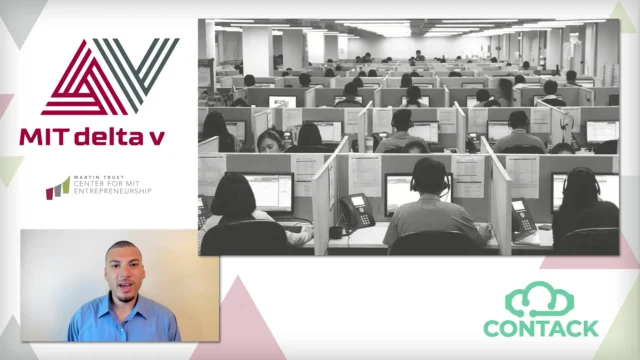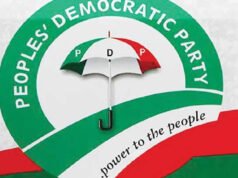In this era when artificial intelligence (AI) is reshaping every sector — from healthcare to sustainability, from finance to agriculture — the latest MIT Delta V Demo Day offers a rich case study. As 22 MIT accelerator startups unveiled their AI-powered ventures, there are valuable lessons for African tech hubs. These insights could help local ecosystems grow stronger, more resilient, and more attuned to solving domestic challenges.
Below are four major takeaways from MIT’s Delta V, followed by reflections on how African startup scenes can adopt and adapt these trends.
Table of Contents
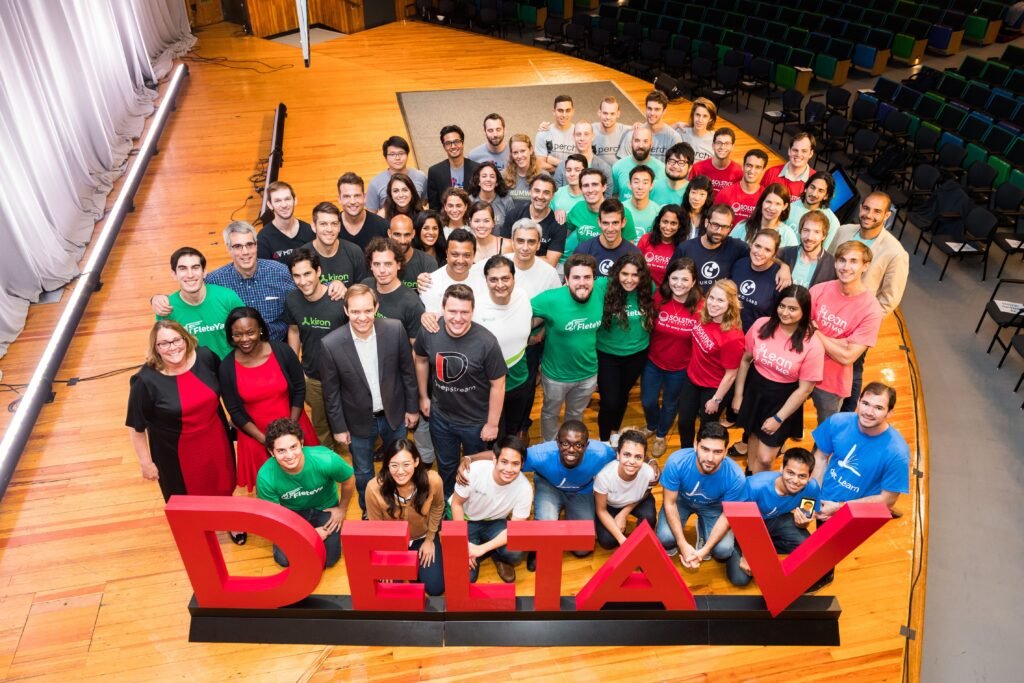
AI for Purpose, Not Just Hype
One striking feature of this year’s MIT Delta V cohort is that AI is not treated as a novelty, but as a tool to solve concrete problems. The founders did not pick AI first; they started with real, often urgent needs, then used AI where it adds distinct value.
For example:
- Carbion transforms biomass into battery-grade graphite, helping reduce dependency on geopolitically risky supply chains.
- Clima Technologies builds an “AI building engineer” to cut energy waste in large commercial structures.
- Sensopore enables home diagnosis of common illnesses, reducing unnecessary clinic visits.
What stands out is a pattern: AI used for impact, for efficiencies, for solving things that matter. This is a lesson African founders could heed — and often do: focus on the problem, then apply AI or technology, not the other way around. It ensures stronger relevance, better acceptance, and sustainability.
Local Context & Infrastructure Matter
MIT’s Delta V startups are designed with high expectations: strong infrastructure, access to talent, capital, mentors, markets. But many founders also show awareness of constraints — energy, regulation, data privacy, supply chains.
For example:
- Kira works on desalination and wastewater treatment with adaptive electrochemical systems that account for variability in power and water sources.
- Ground3d crowdsources hyperlocal environmental data, giving communities ownership over data even where official infrastructure for monitoring is limited.
In many parts of Africa, infrastructure — power grids, internet connectivity, regulation, logistics — is uneven. What these MIT ventures show is the virtue of designing for constraints: building systems that work even when everything is not perfect. Resilience is as important as innovation.
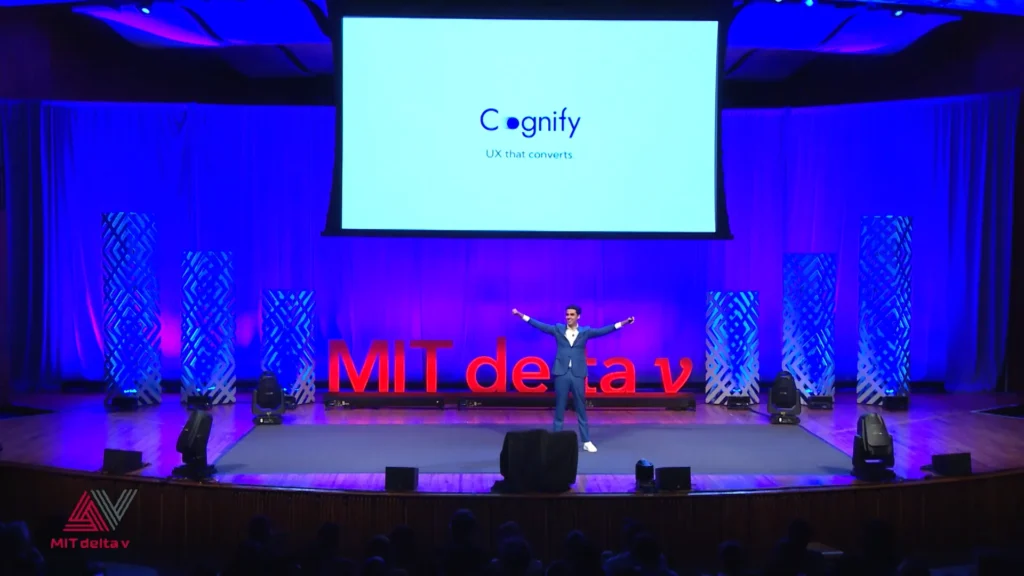
Building Ecosystems: Mentorship, Peer Learning, and Experimentation
MIT Delta V does more than just incubate ideas. It provides a structured ecosystem: mentorship, peer support, regular feedback, and simulated board meetings. Founders do market validation, customer interviews, iterate, and test assumptions. Risks are surfaced early. Many receive milestone funding to push their ideas forward.
Why this matters: too many entrepreneurs assume that having the idea is enough; scaling it, sustaining it, navigating regulation, and customer adoption — all these require practice, failure, and feedback. African hubs that invest not just in capital but in structured mentorship, peer networks, and fail-fast cultures will have better success rates.
Scaling with Purpose & Measuring Impact
Another trend: many MIT startups are not just counting revenue; they are measuring broader impact — ecological, social, health, and environmental. Their business models often include sustainability, equity, and inclusion.
Examples:
- Ge es (a startup mentioned) works with hormonal health, offering insights via home sensors.
- Forma Systems seeks to cut carbon emissions and material use in construction via generative design.
For African tech ecosystems, this kind of impact-aware scaling is key. Investors, policy makers, and customers increasingly expect more than profit. Eco-impact, social inclusion, health outcomes, women’s participation – all matter. If startups embed these from the start, it helps with access to impact investment, grants, partnerships, and legitimacy.
Applying MIT’s Lessons to African Tech Hubs
What do all these observations mean for tech hubs in Lagos, Nairobi, Accra, Kigali, or elsewhere? Here are actionable directions:
- Start from local pain points. African entrepreneurs often already know many of their society’s most pressing problems — power outages, poor healthcare access, food distribution, and education. Too often, we chase “global trends” before solving local problems. What MIT’s Delta V shows is that relevance followed by tech tends to yield better durability.
- Design for constraints. If your internet is unstable, build products that degrade gracefully. If electricity is erratic, choose hardware that endures or has good offline modes. If regulation is weak or opaque, plan for compliance and ask questions early. These make or break scaling.
- Cultivate structured mentorship, feedback, and collaboration. Local incubators or accelerators should offer not just space and funding, but regular feedback cycles, mock investor pitches, peer review, and shared learning. This helps entrepreneurs surface assumptions, test them, and reduce the risk of costly mistakes.
- Seek impact and measure it. It’s no longer enough to say “we make money.” Investors, donors, and customers want proof: how many people improved, how much CO₂ was reduced, how many women gained access, etc. Use metrics, track them from early. Show both business and social return. This opens more doors — e.g., impact grants, sustainable funding.
- Promote inclusion. Gender, region, and income level — bring diverse founders into the fold. Tools, training, and mentorship should be accessible. Many MIT startups are doing this; African hubs must ensure diversity in their cohorts (gender, geography, education) to avoid replicating inequality.
- Build ecosystem enablers. Policy matters: taxes, regulation, import duties, data protection. Infrastructure matters. Access to markets matters. Governments, universities, and the private sector need to partner to provide enabling environments. MIT’s environment is strong in these; local ecosystems should push for improvements.
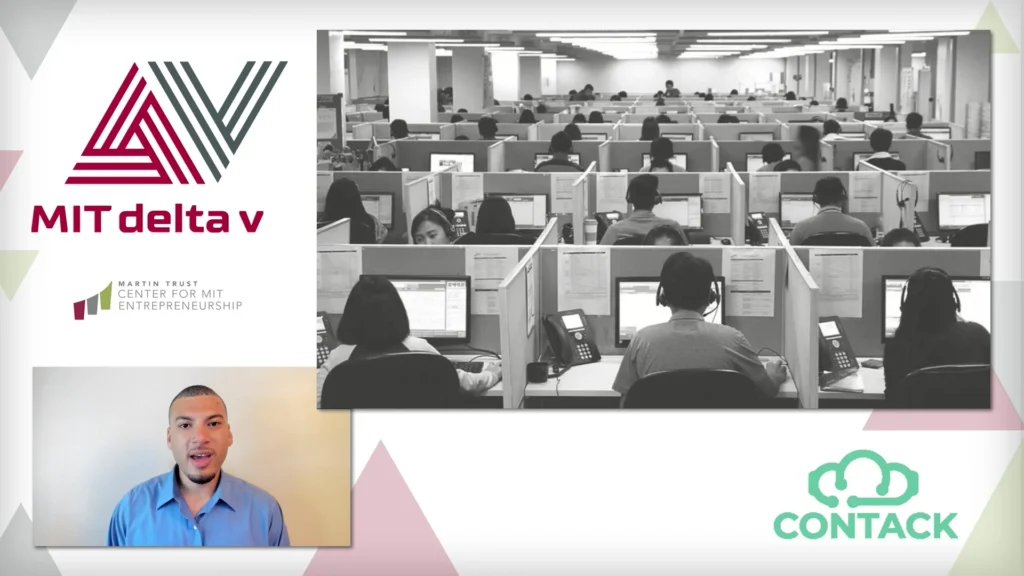
Conclusion
The MIT Delta V 2025 cohort offers more than a preview of new AI-entrepreneurial startups. It provides a blueprint for how AI can be deployed with intention, grounded in local needs, supported by a strong ecosystem, and aimed at measurable positive impact.
For African tech hubs, the message is clear: ambition must be matched with relevance; innovation must be matched with resilience; progress must be matched with inclusivity. If founders, investors, governments, and universities embrace those principles, then the next wave of African tech can not just follow global trends, but define them.
Join Our Social Media Channels:
WhatsApp: NaijaEyes
Facebook: NaijaEyes
Twitter: NaijaEyes
Instagram: NaijaEyes
TikTok: NaijaEyes


